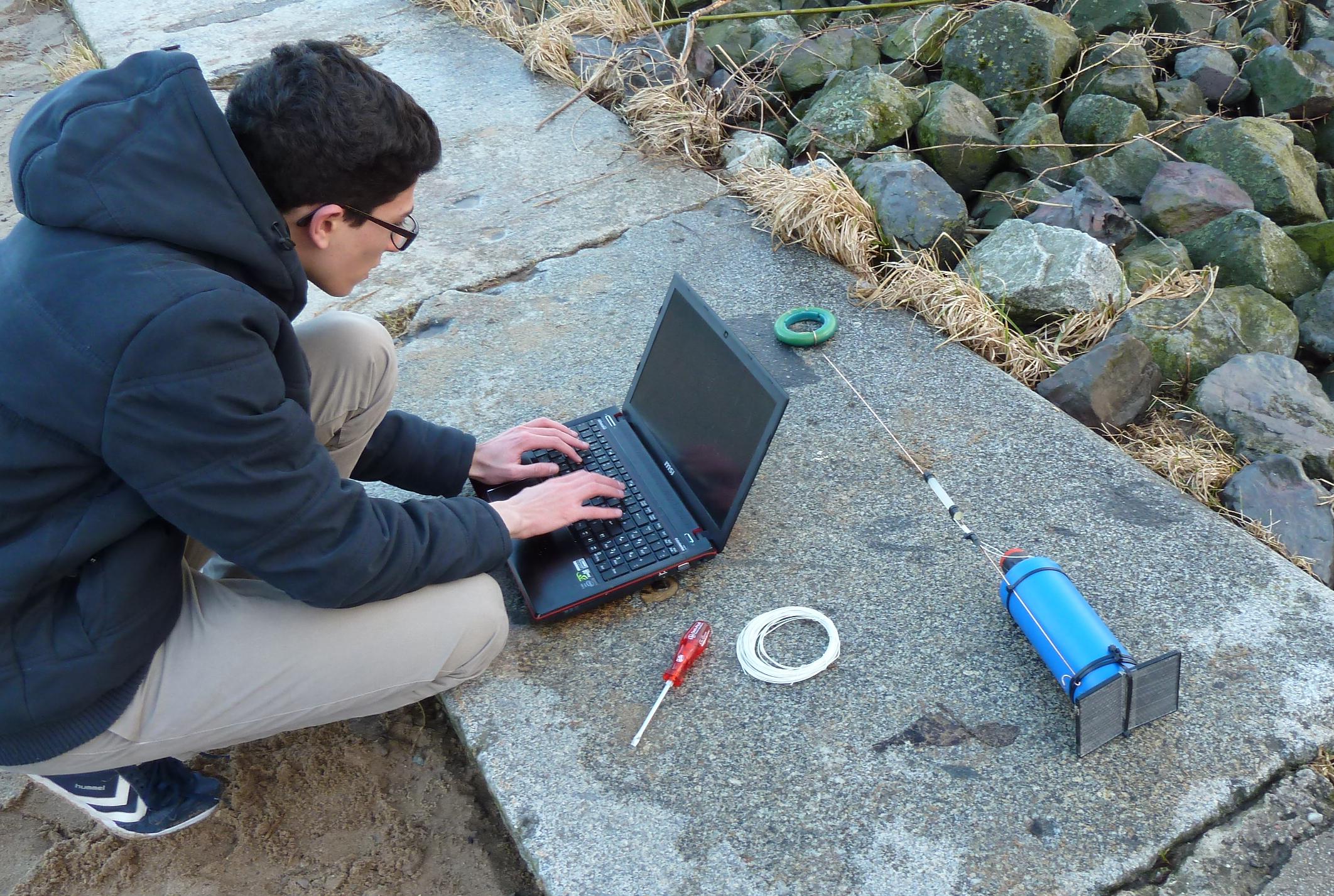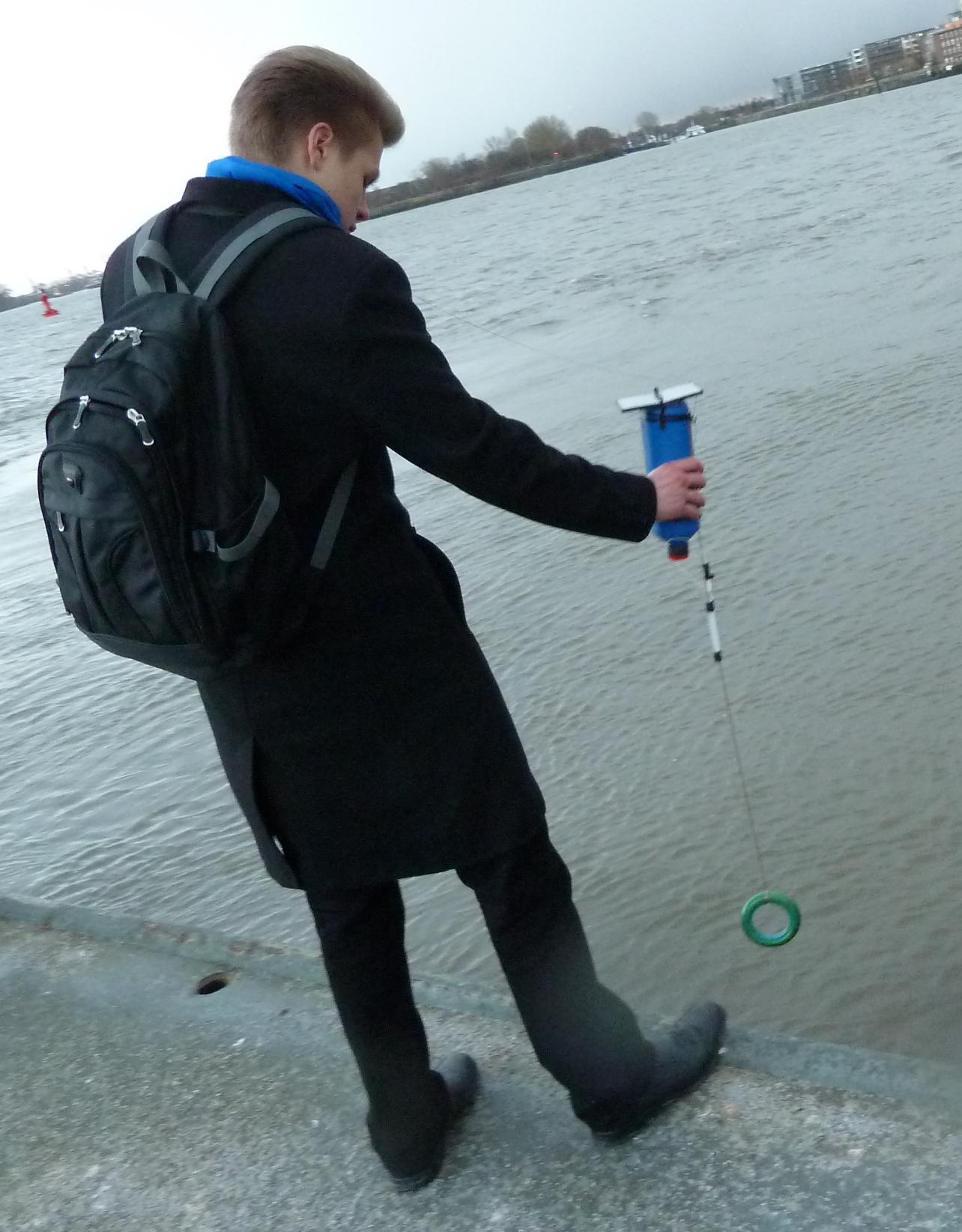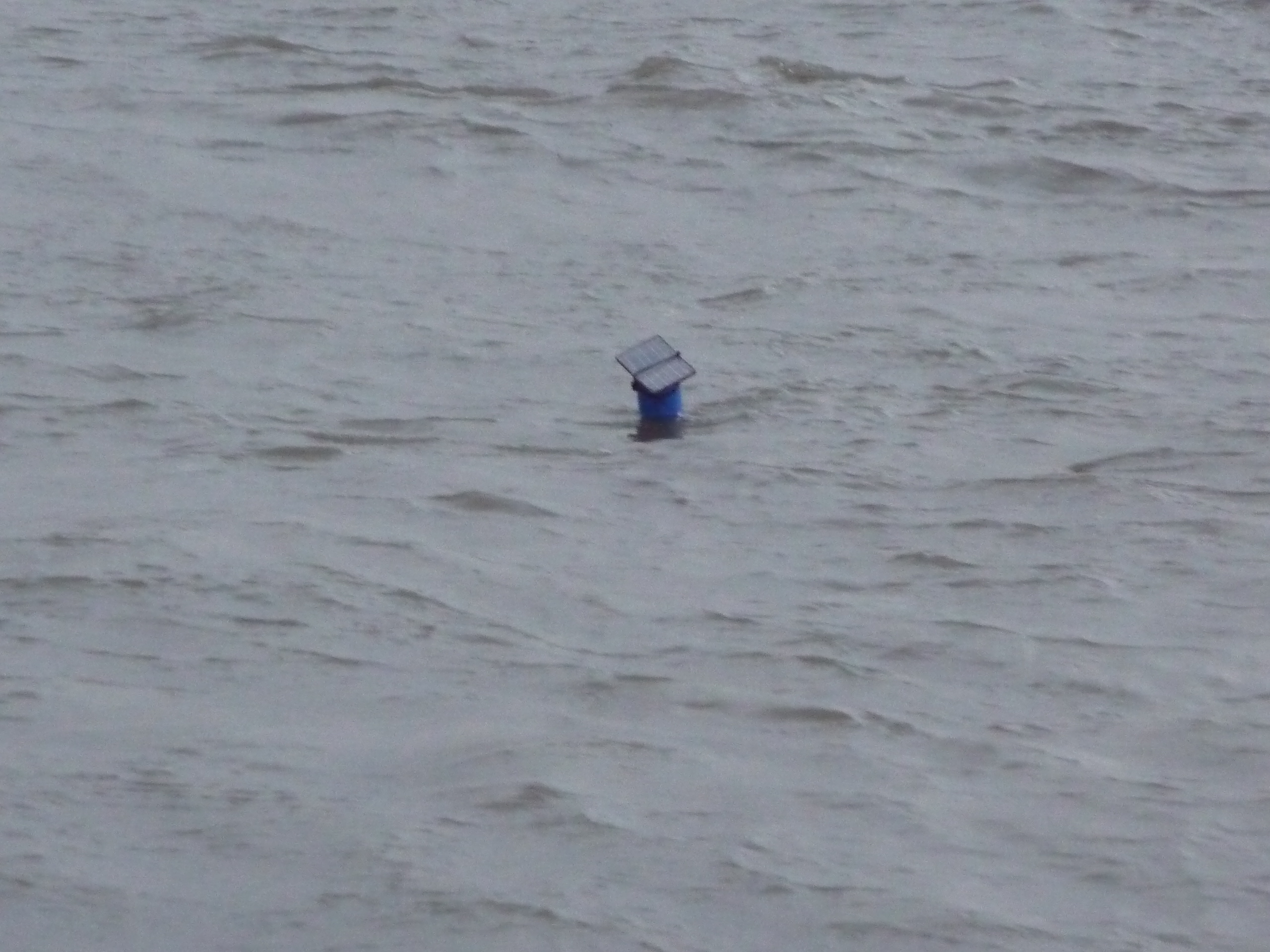About YPPO
YPPO represents:
Y outh
P lanet
P rotector
O rganisation
The number of members of YPPO has now reached
0
students inhabitat in
0
nations distributed all over this beautiful planet.
The YPPO was founded by Fabian Schneider (right) and Rami Aly (left) in 2016:

The first collaborative community project named
— CONCEPT —
aims to deploy probes in ocean cycles to transmit real-time environment data.
WE ARE YPPO
YPPO is a non-financial organization. It was found in 2016 as a result of a need for scientific exchange among young students regarding global and local environmental issues. Due to our obligation to the next generation, we wanted to make a statement. YPPO stands for:
Y outh
P lanet
P rotector
O rganisation
The earth has changed. The change is not a natural one, we - the humans externally created it. It must be stopped! The victim of an external force needs a protector to survive the threatening behavior of the same kind who wants to save it. For the sake of our planet, it is crucial to redefine everybody's role in the system: From the destroyer to the protector. However, we are far away from a utopia, but many people have been working on several equally important possibilities to realize this dream. The one underrepresented in today's young society is an extended debate about scientific approaches and creation of collaborated projects. We are proud of the number of people who share equal values and take action:
0
Our goal of scientific collaboration can only be achieved through a broad international network. It is necessary for international exchange and implementation of projects on a global scale. We were able to connect different youths all around the world. The number of different nations our members are inhabited in has increased to an exceptional level:
0
YPPO was originally founded by Rami Aly and Fabian Schneider from Hamburg, Germany. They decided to take action and connect students with the aim to make the world a better place. They never expected such a vibrant network and are thankful for all the beauty that lies beneath our oceans. You can find out more about the members and the various nations in the
Member Hall.
— CONCEPT —
Collaborative OceaN CyclE ProjecT
The latest international project supported by the YPPO community is named CONCEPT. CONCEPT aims to deploy probes in distinct ocean cycles to continuously measure various parameters possibly influenced by climate change. The measured data is transmitted daily to the YPPO server and visualized on the YPPO front page in real time. This publically accessible data will allow you to follow general ocean dynamics and eventually the long-term process of climate change.
During the development process, we faced several challenges concerning the construction, data transmission, and waterproofness. Therefore it was crucial to establish an appropriate design and select sufficient components. Besides parts for general functionality as the energy supply or stabilization we installed three sensors to measure ocean parameters:
Central computing unit
The central part of the probe is the computing engine which processes the sensor input and controls the transmissions. We used a Raspberry Pi for this tasks due to its light weight, extremely high modularity, and power sufficiency.
Energy supply
The computing unit, as well as the sensors, are powered by a power bank which is continuously charged by solar cells. In case inclement weather conditions and absent sunlight lead to critical low energy levels, the computing unit automatically activates a particular power saving mode.
Data transmission
The sensor data is sent to the YPPO server via Iridium satellites which can be accessed by the computing unit via the RockBlock Mk2 module. Although the transmission unit the most expensive part, it has proven to work reliably and consistent.
Sensor I - Position
We currently use a Foxnovo GPS NEO-6M(B) module to track the live position of the probe within the ocean cycle. With a relatively high precision and reliable interaction with the computing unit, it is a perfect choice.
Sensor II - Temperature
The first main ocean parameter is the temperature which is affected by various factors including well-known aspects of climate change.
Sensor III - pH Value
The second main ocean parameter addresses the given pH value in a particular region. Besides general interested, the average pH value increases due to rising CO2 levels caused by human activity.
Stabilization mechanism
Finally, weight is attached about 70 centimeters from the central body to stabilize the probe in the water.

First attemps to deploy a prototype during different weather conditions have been successfull and the probe has shown to survive and work within the giant oceans. Besides stabilaziation and mechanical features, Fabian Schneider and Rami Aly tested the transmission module and the energy supply, since those components are especially critical. Furthermore, a variety of emergency and survival routines have been additionally implemented in the main computing unit to ensure the survival of the probe for several month and eventually years.


First attempts to deploy a prototype during different weather conditions have been successful, and the probe has shown to survive and work within the large oceans. Besides stabilization and mechanical features, Fabian Schneider and Rami Aly tested the transmission module and the energy supply, since those components are especially critical. Furthermore, a variety of emergency and survival routines have been additionally implemented in the central computing unit to ensure the survival of the probe for several months and eventually years.
The first probe has been deployed in the Atlantic Ocean near São Miguel Island, an island of the Azores, on the 14.02.2017. Since then the probe has been transmitting sensor information every day. The transmitted data and the current position is visualized on the YPPO front page and is accessible to the public. But to get CONCEPT started, it is necessary to deploy probes in different regions and cycles of the world, e.g.:
▶ South Atlantic Ocean
▶ Indian Ocean
▶ North Pacific Ocean
▶ East Siberian See
▶ South Pacific Ocean
The YPPO community is the final key! Fabian Schneider and Rami Aly will start to prepare and send probes to various YPPO members that have access to these specific regions and are capable of deploying the probes. The sensor status and all technical information will be remotely monitored during this process. Several members have already approved their support and CONCEPT is ready to launch on a global scale.







